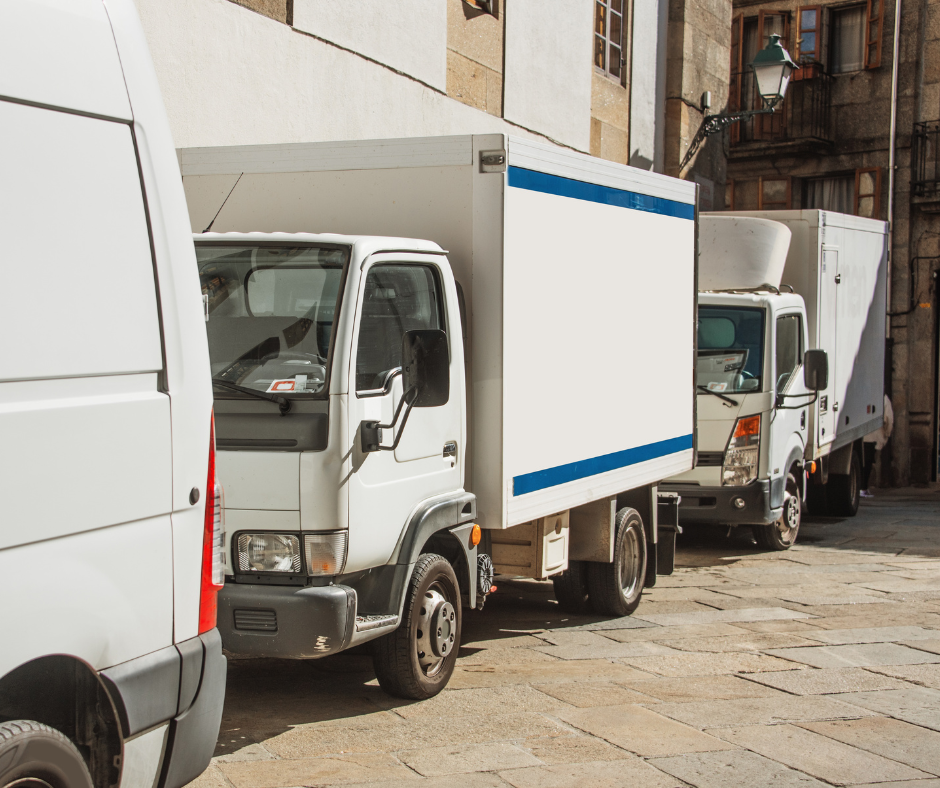Urban logistics, focused on deliveries in urban settings, faces increasing challenges due to rapid population growth and exponential demand for home deliveries. This article explores the complexities of urban logistics and the strategies needed to address these challenges.
Demographic Growth: Pressure on Delivery Infrastructure
Rapid population growth in urban areas is intensifying pressure on delivery infrastructure. Congested streets, dense residential areas and increased demand for deliveries create a complex environment for urban logistics companies. Efficient management of traffic and delivery points becomes essential to meet this growth.
Explosion in demand for home deliveries: Logistics under tension
The explosion in demand for home deliveries, amplified by online consumption habits, is putting urban logistics under pressure. Consumer expectations for fast and flexible deliveries require innovative logistics solutions. Businesses must juggle tight deadlines while maintaining operational efficiency.
Last Mile: The Major Challenge of Urban Logistics
The last mile, often the most expensive and complex, is becoming the major challenge for urban logistics. The need to deliver packages directly to consumers in congested areas involves complex routes, potential delays and high operational costs. The search for effective solutions for the last mile is at the heart of urban logistics concerns.
Innovative Solutions: Technology and Collaboration
To overcome these challenges, innovative solutions are needed. The use of advanced technologies such as geolocation, delivery drones, autonomous vehicles and smart warehouses can improve the efficiency of urban logistics. Additionally, collaboration between logistics companies, local governments and technology companies can foster integrated approaches to solving urban logistics problems.
The Future of Urban Logistics
In conclusion, urban logistics is at a critical turning point. As the demand for home deliveries continues to grow, businesses must rethink their logistics strategies to adapt to the complex environment of urban areas. Technology, collaboration and innovation are key elements in shaping the future of urban logistics, ensuring deliveries are efficient, sustainable and adapted to the ever-changing needs of urban consumers. By investing in these solutions, urban logistics can become a driver of efficiency in the rapidly changing urban landscape.


